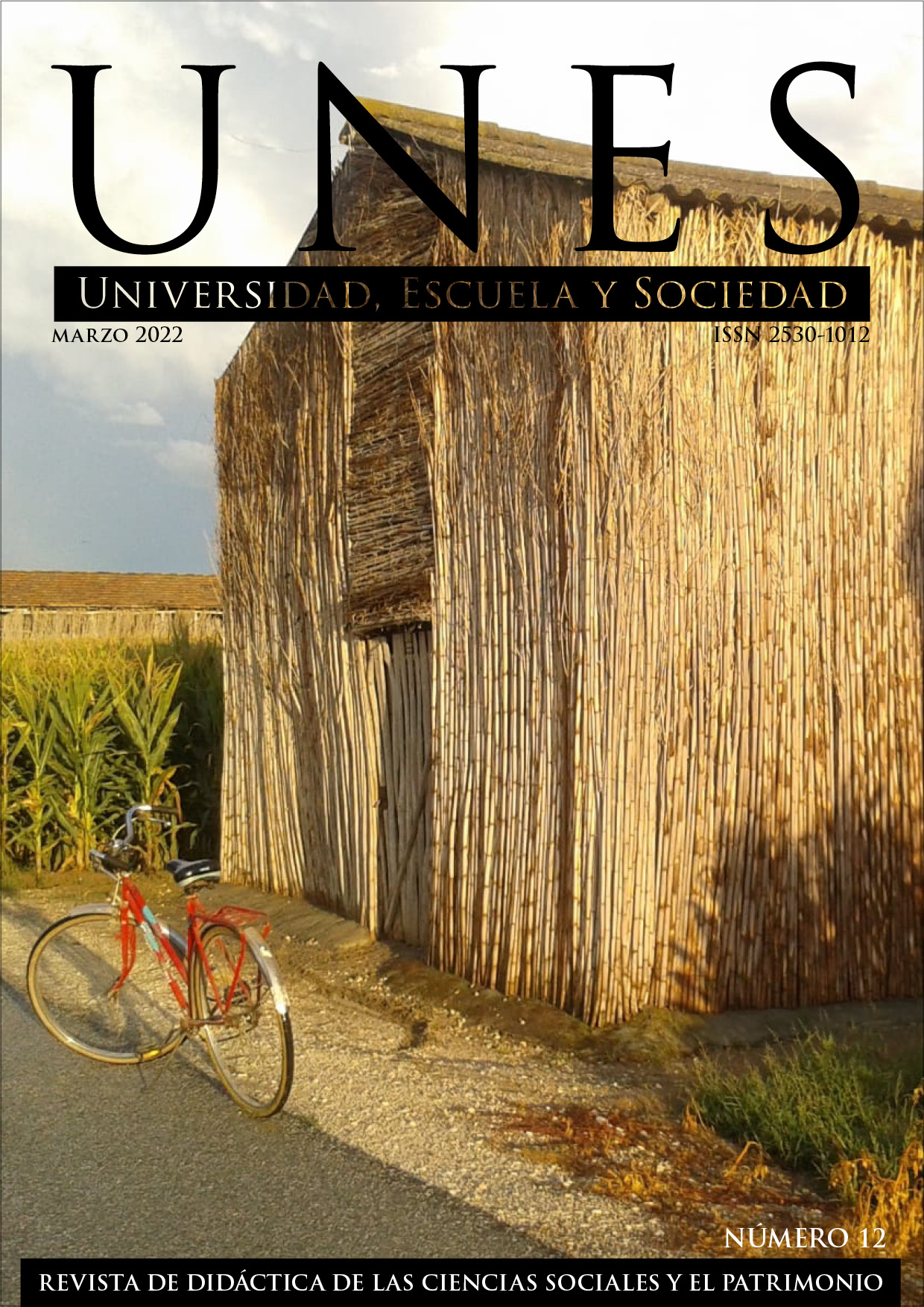The myth of altruism
DOI:
https://doi.org/10.30827/unes.i12.21743Keywords:
Altruism, Well-being, Happiness, Sacrifice, SelfishnessAbstract
The first and current definitions of altruism do not differ notably despite the passage of time. Currently, altruism is associated with sacrifice and is positioned as the opposite of selfishness. However, research results from psychology, biology, and the social area show that selfishness is responsible for altruistic behavior. Also, altruistic behavior generates well-being and happiness in people.
Downloads
References
Aknin, L. B., Barrington-Leigh, C. P., Dunn, E. W., Helliwell, J. F., Burns, J., Biswas-Diener,R., & Norton, M. I. (2012). Prosocial spending and well-being: Cross-cultural evidence for a psychological universal. Journal of Personality and Social Psychology, 104, 635-652. https://www.apa.org/pubs/journals/releases/psp-104-4-635.pdf
Buchanan, K. E., & Bardi, A. (2010). Acts of Kindness and Acts of Novelty Affect Life Satisfaccion. The Journal of Social Psychology, 150(3), 235-237.
Comte, A. (1852) Catéchisme positiviste : ou, Sommaire exposition de la religion universelle, en onze entretiens systématiques entre une femme et un Prêtre de l'humanité (Paris : Chez l'Auteur...et chez Carilian-Goeury et Vor Dalmont) (page images at HathiTrust)
Dawkins, R. (1989). El gen egoísta. Las bases biológicas de nuestra conducta. Editor digital: Horus. https://revistagalileu.globo.com/Ciencia/noticia/2015/06/richard-dawkins-relaciona-teoria-dos-genes-egoistas-aos-individuos-cooperativos.html.
Viveros Fuentes, S. (2010). APA Diccionario conciso de Psicología (1a. ed.). Manual Moderno.
Duke University Medical Center. (2007). Researchers have discovered that activation of a particular brain region predicts whether people tend to be selfish or altruistic. https://www.sciencedaily.com/releases/2007/01/070121162756.htm
Latané, B. y Darley, J. (1970). The unresponsible bystander: Why doesn’t he help. Appleton-Century-Croft.
López, F (1994) Para comprender la conducta altruista. Editorial Verbo Divino.
Luks, A. (1988). Helper’s High: Volunteering makes people feel good physically and emotionally. And like “runner’s calm,” it’s probably good for your health. Psychology, 22,34-42.
Papalia, Diane E., Duskin Feldman, R. (2013). Desarrollo Humano. McGraw-Hill.
Real Academia Española. (2021). Diccionario de la lengua española [Dictionary of the Spanish Language] (23nd ed.). https://dle.rae.es/altruismo
Shaver, R. (2019). Egoism. The Stanford Encyclopedia of Philosophy, 1,1, 7-10. https://plato.stanford.edu/archives/spr2019/entries/egoism/.
Stiefken, J. (2014). Altruismo y solidaridad en el Estado de Bienestar (tesis doctoral), Universidad Autónoma de Barcelona.
Trivers, R. (1971). The Evolution of Reciprocal Altruism. The quarterly review of biology, 46, 1, 35-57. https://greatergood.berkeley.edu/images/uploads/Trivers-EvolutionReciprocalAltruism.pdf
Warneken, F. & Tomasello, M. (2009). Varieties of altruism in children and chimpanzees. Trends in Cognitive Sciences, 13(9), 397-400. https://greatergood.berkeley.edu/images/uploads/Warneken-AltruismChildrenChimpanzees.pdf
Zahn-Waxler, C., Radke-Yarrow, M., & King, R. A. (1979). Child rearing and children's prosocial initiations toward victims of distress. Child development, 50(2), 319–330. https://doi.org/10.1111/j.1467-8624.1979.tb04112.x
Downloads
Published
How to Cite
Issue
Section
License
Copyright (c) 2022 Jhuliza Teresa Poma Choque

This work is licensed under a Creative Commons Attribution-NonCommercial-ShareAlike 4.0 International License.
Authors being published in this journal agree to the following terms:
The authors retain their copyrights but guarantee the journal's right to be the first publisher of the work, licensed under a Creative Commons Attribution-NonCommercial-ShareAlike 4.0 International license, which allows others to share the work, provided that they acknowledge its authorship and initial publication in this journal.
Authors may separately subscribe additional agreements for the non-exclusive distribution of the work published in the journal (for example, including it in an institutional repository or publishing it in a book), with recognition of its initial publication in this journal.
Authors are allowed and encouraged to disseminate their work electronically (for example, in institutional repositories or on their own websites) before and during the submission process, as this may result in productive exchanges, as well as more and earlier citations of the works to be published (See The Effect of Open Access) (in English).






 ISSN-e: 2530-1012
ISSN-e: 2530-1012









